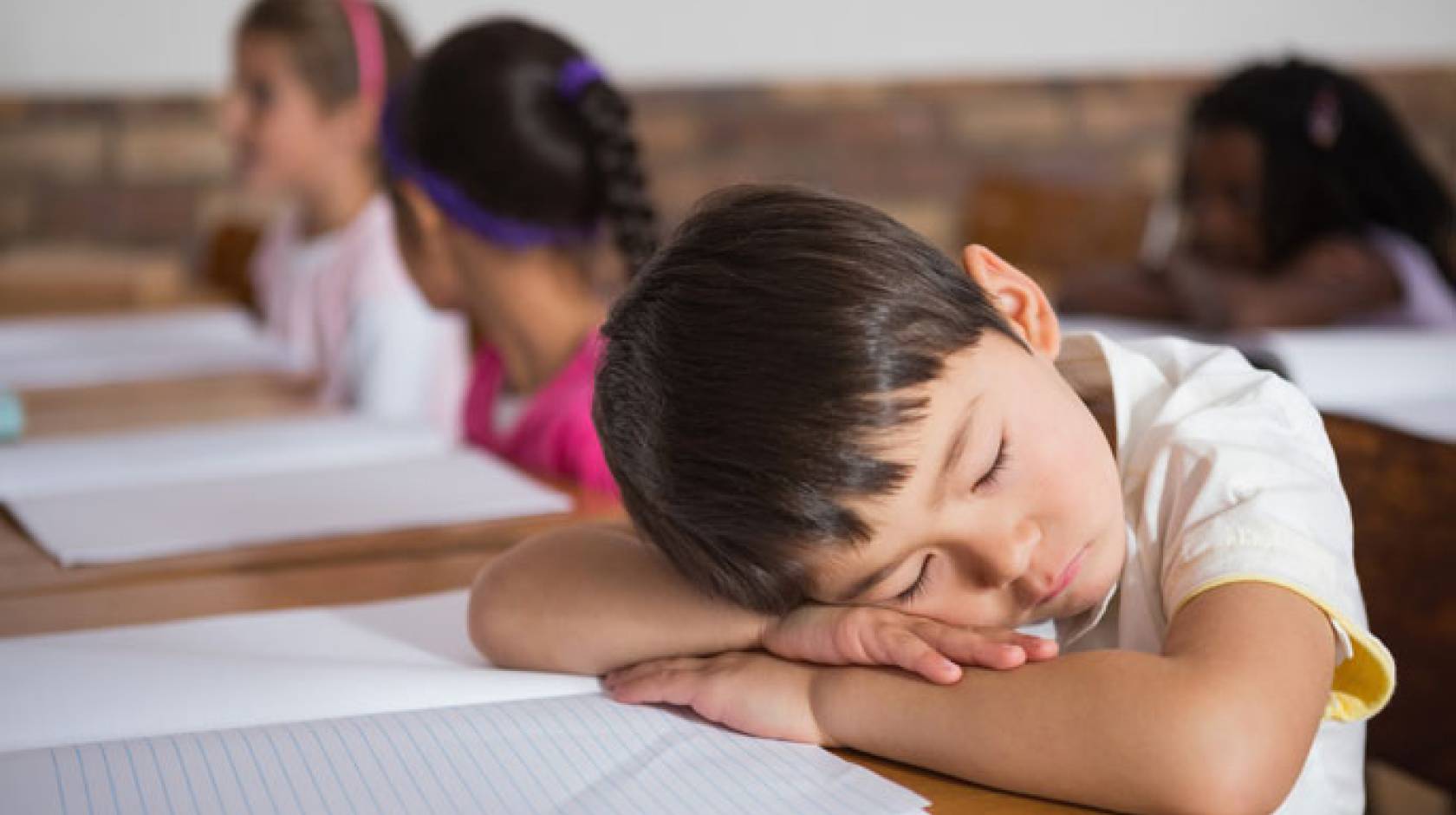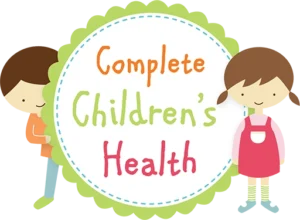Why do some kindergarten children refuse naps while others have a meltdown without an afternoon snooze? Researchers suspect it may have much to do with a specific memory-related part of the brain.
While young children all need a lot of sleep, they vary widely when they stop napping during the day. Some leave naps behind by the time they are three, while many others happily take an afternoon nap through age five or even longer.

Children aged 3-5 years need 10-13 hours of sleep a night. Some might also have a day nap of about an hour. Sometimes preschoolers can take a while to settle and get to sleep. This is because they’re busy thinking about the day even after they go to bed.
Why and when youngsters stop napping may be dependent on a brain structure associated with memory called the hippocampus. The hippocampus is thought to be principally involved in storing long-term memories and making those memories resistant to forgetting, though this is debatable. It is also thought to play an important role in spatial processing and navigation.
So, as a result, the maturity of the hippocampus, rather than a child’s age, may be a key driver of young children’s transition out of napping.
During early childhood, the hippocampus is rapidly developing. The immature hippocampus is like a small bucket that can only hold so much before it overflows. That is why young children need that afternoon nap to help the hippocampus process memories — essentially emptying the bucket.
As the hippocampus matures, so does its capacity, and the need to nap diminishes. Therefore because it doesn’t rely on age, parents need to be aware of the signs if their child is or isn’t getting enough sleep. Don’t let naptime become a battle — you can’t force your child to sleep. If your child doesn’t nap, set aside some quiet time instead.
During quiet time, let your child read books or play quietly in their room. Parents are often surprised by how quickly quiet time can lead to sleep time. Even if kids don’t sleep, they still get some much-needed rest.
Of course, children may need to nap if they don’t get enough sleep at night. Most parents underestimate the number of hours of sleep children needs, so keep in mind recommended sleep times when planning nap times and bedtimes. Sleepy kids may rub their eyes and look tired, or they may act out or have other behaviour problems.

Ask yourself:
- Does my child act sleepy during the day?
- Is my child cranky, whiny, or moody, especially later in the day?
- Is it a battle to get my child out of bed in the morning?
- Is my child inattentive, impatient, hyperactive, or aggressive?
- Does my child have trouble focusing or following directions?
If you answered yes to any of these questions, consider changing your child’s bedtime or nap schedule.
It can take time to find a sleep routine that works. Talk to us if you have questions or concerns about your child’s sleep.
Sources/Additional reading:
https://www.britannica.com/science/hippocampus
https://consumer.healthday.com/toddler-won-t-sleep-2658480237.html
https://kidshealth.org/en/parents/naps.html
https://www.webmd.com/parenting/kids-naps
https://www.whattoexpect.com/toddler/behavior/resisting-bedtime.aspx
